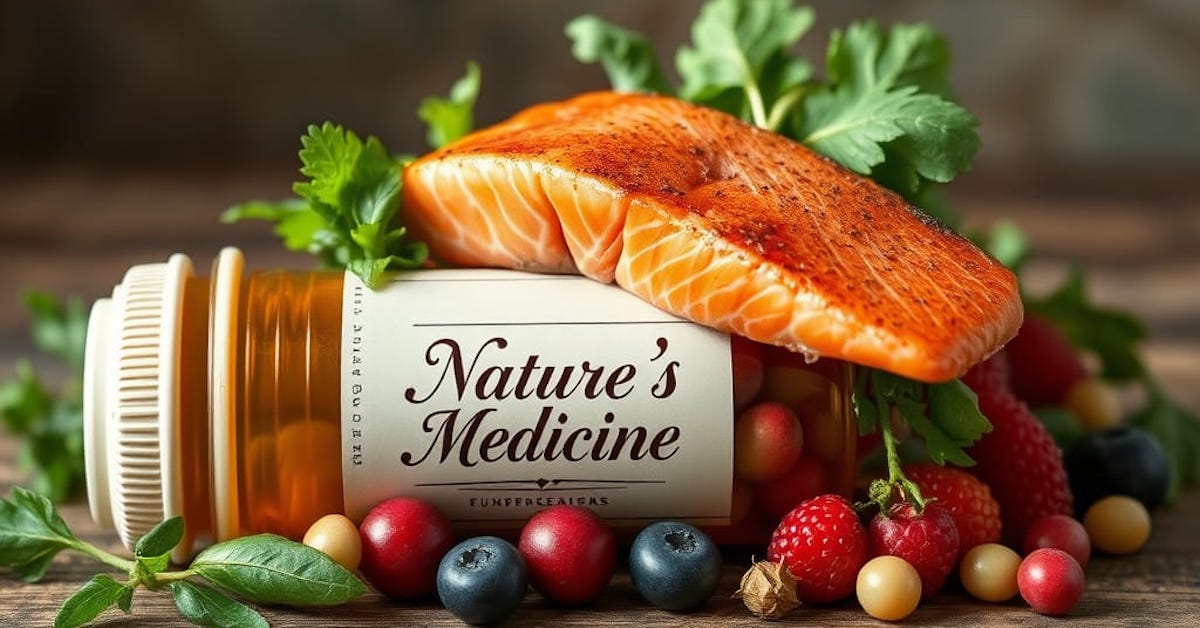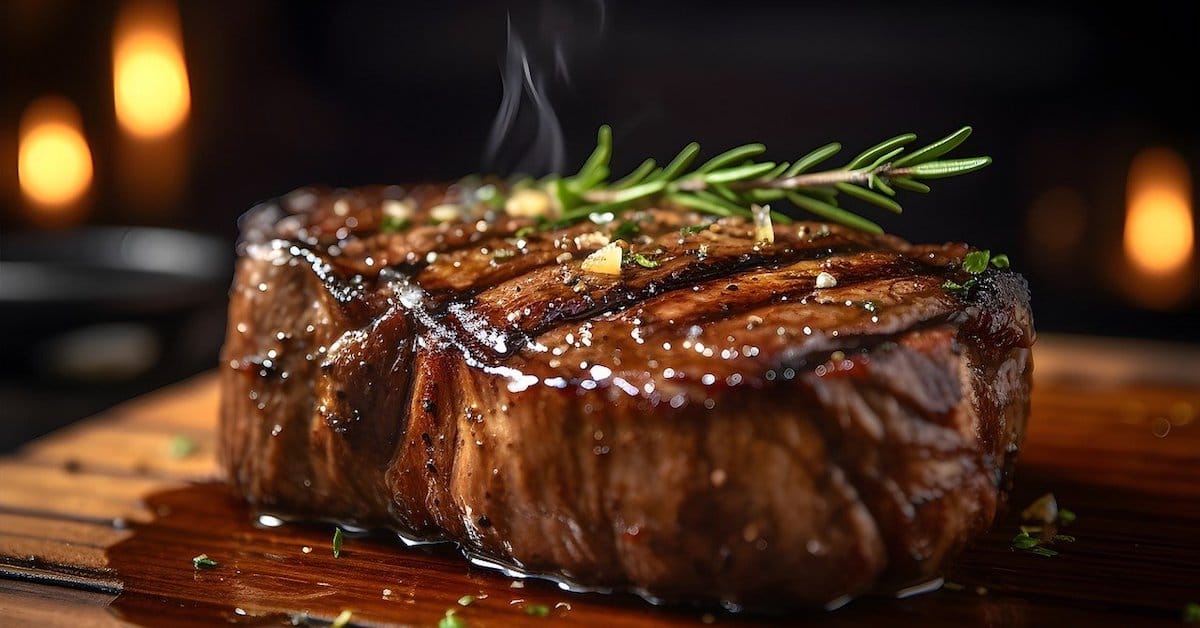Usually, a problem on the outside of the body reflects a problem on the inside. Whenever a skin issue occurs, one of the first areas to address is digestive health. The lining of the gut is often considered the body’s “second skin.” It acts as a barrier, allowing nutrients in while keeping foreign particles out.
If digestion and nutrient absorption are compromised, the body may pull resources from its largest organ—the skin. Additionally, inflammation in the gut lining can cause systemic effects, often showing up as skin problems.
We also know that bacteria in our bodies outnumber human cells by roughly ten to one. In other words, we are more bacteria than human! These microorganisms play a crucial role in everything from immunity and digestion to mood, healing, and body composition.
The body harbors both good and bad bacteria. For optimal health, we should support the beneficial bacteria and minimize harmful ones. While much attention is given to gut bacteria, skin bacteria are equally important. They help heal wounds, maintain a youthful appearance, and protect against harmful invaders.
The Problem With Overwashing
Overwashing can strip the skin of beneficial bacteria. Using antibacterial soaps eliminates them completely. Many people believe excessive cleansing protects against illness, but in reality, it can weaken immunity. Instead of strengthening defenses, overwashing may make the body more vulnerable to infections.
In her seminar Nourishing Traditional Diets, Sally Fallon Morell mentions that in China, new mothers often abstain from bathing for up to a month after giving birth. This allows beneficial skin bacteria to accumulate, which helps program the baby’s immune system for life.
Just as damage to the gut lining can lead to leaky gut syndrome, excessive washing and exposure to harsh chemicals (found in soaps, shampoos, hair products, moisturizers, deodorants, cosmetics, laundry detergents, and fabric softeners) can lead to “leaky skin,” affecting overall health.
Now, I’m not suggesting you stop bathing altogether—you won’t be very popular if you do! However, consider washing your skin less frequently, especially after sun exposure, as it can affect vitamin D absorption (source). Also, reduce the number of synthetic chemicals you apply to your skin. A good rule of thumb: If you wouldn’t eat it, don’t put it on your skin!
How to Restore Skin Health
If you’re dealing with a skin condition—such as eczema, psoriasis, acne, rashes, dry skin, dandruff, or chapped lips—try introducing beneficial bacteria to the area. Fermented foods like kefir or yogurt can help, but a more effective method may be mixing a probiotic supplement with a little coconut oil and applying it directly.
This tip comes from Dr. Kara Fitzgerald at the Microbiome Medicine Summit, and I have a gut feeling it may help!

How One Man Reversed His Diabetes Naturally in Just 7 Days
Not long ago, a couple in their mid-fifties came to see me for help with their health. Both were overweight,

Meat: A Friend, Not a Foe
A new meta-analysis confirms what I’ve been saying for years: minimally processed beef has minimal to no impact on most

Wake Up, America: You’re Headed in the Wrong Direction!
Over the past three decades, the health of Americans has taken a dramatic downturn. What was once a rarity has
follow
Error: No feed with the ID 2 found.
Please go to the Instagram Feed settings page to create a feed.
